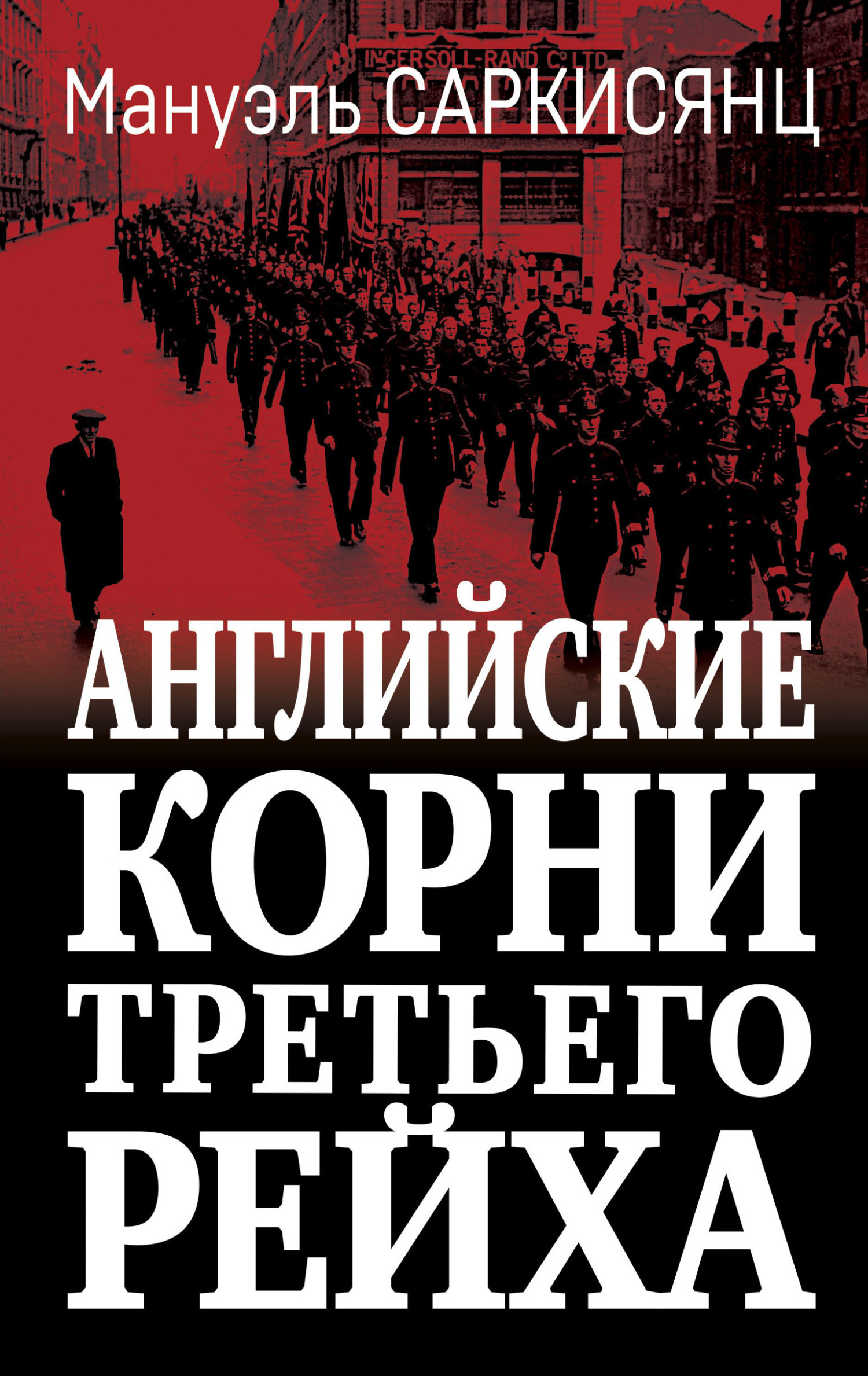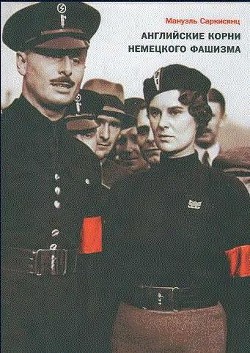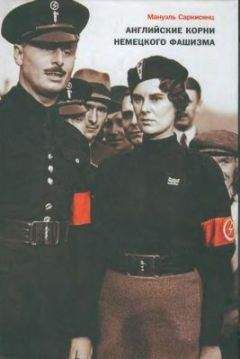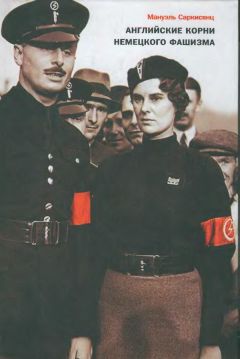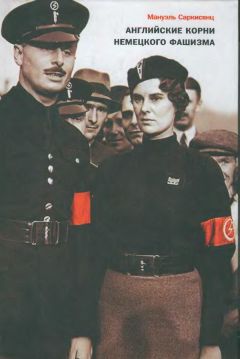A history of respectable fears (New York, 1983), p. 180, 157; A. L. Motion, Volksgeschichte Englands (Ost-Berlin, 1956), S. 385, 433, 406, 435, 480; Kenneth Neill Cameron, The Young Shelley, Genesis of a radical (New York, 1950), S. 160; Friedrich Heer, Europa, Mutter der Revolutionen, S. 40f.
Matthew Arnold, Culture and Anarchy (1867) (New Haven, USA, 1994), p. 77.
Ibid., p. 147 mit Anfuhrung von George Canning, «Anti-Jacobin». 238a. Friedrich Heer, Europa, Mutter der Revolutionen, S. 31.
Thomis & Holt, Threats of Revolution in Britain, p. 23, 130; Gerald Newman, Rise of English Nationalism (London, 1977), p. 209, 231, 232; Christopher Husbands, «Racial attacks, Persistance of racial harassment in Britain‘s cities»: T. Kushner and K. Lunn (Editors). Traditions of Intolerance… in Britain (Manchester, 1989), p. 98.
Raphael Samuel (Editor), Patriotism. The making and unmaking… Vol. I (1989), p. 266–268; G. Pearson, Hooligan. A history of respectable fears (as note 236), p. 159.
G. E. Watson, English Ideology. Studies in the language of Victorian politics (London, 1973), p. 190, quoting A. Tocqueville, Journeys to England and Ireland of 1835 (London, 1968), p. 60; Gerwin StrobI, The Germanic Isle. Nazi perceptions of Britain (Cambridge, 2000), p. 31; Lord Selbourne quoted in G. R. Searle, Corruption in British politics 1895–1930 (Oxford, 1987), p. 116; Paul Kennedy & A. Nicholls (Hrsg.), Nationalist and racialist movements in Britain (Oxford, 1981), S. 30.
Heinrich Himmler, Geheimreden, S. 44.
Thomis & Holt, Threats of Revolution in Britain, S. 28; Joseph Goebbels, «Erziehung und Fuhrerschicht»: Nationalsozialistisches Jahrbuch (Munchen, 1930), S. 180, 181.
Поводом для этого высказывания послужил упрек, прозвучавший по британскому радио, вещавшему по-немецки, мол, в Англии каждый вправе слушать передачи из Германии, а в гитлеровской Германии тех, кто слушает зарубежные радиостанции, строго наказывают. – Прим. автора.
Christoph Jahr, Gewohnliche Soldaten, Desertion und Deserteure im deutschen und britischen Heer 1914–1918 (Gottingen, 1998), S. 18, 162, 205, 240, 338, citing Julian Putkowski and Julian Sykes, Shot at Dawn (Barnsley, 1993), p. 243.
Английские моряки провозгласили «Floating Republic» (плавучую республику (англ.) и грозили блокировать Лондон; но когда их требования были удовлетворены, моряки его британского величества вновь подняли на мачте его флаг, чтобы защитить Англию от флота Нидерландов, ставших якобинскими. – Прим. автора. 241a.
Philip Mason, Prospero’s Magic. Some thoughts on Class and Race (London, 1962), p. 106; John Higham, Strangers in the Land. Patterns of American Nativism 1860–1925 (Westport, USA, 1981), S. 138, zitiert «Business Magazine» Public Opinion (1886), S. 355: «Age of Steel».
Adolf Hitler, Mein Kampf (Munchen, 1940), S. 251; vgi. Schwind-Waldeck, Wie deutsch war Hitler? (Frankfurt, 1979), S. 165.
Фрич Вернер фон, барон (1880–1939) – нем. воен. деятель, генерал, с 1935 г. – главнокомандующий, в 1938 г. снят с этой должности за разногласия с Гитлером.
Когда проситель возразил, сказав, что он – противник национал-социализма, судья спросил переводчика: «Что это такое?» И тот ответил: «Не знаю, ваша честь, – возможно, что-то вроде лейбористской партии». – Прим. автора.
Arthur Marwick, The Home Front. The British and the Second World War (London, 1976), p. 36f; Peter and Leni Gillman, «Collar the Lot!» How Britain interned and expelled its Wartime Refugees (London, 1990), p. 286; Hubertus Prinz zu Lowenstein, Abenteurer der Freiheit (Frankfurt, 1983), S. 231; R. Thurlow, Fascism in Britain (New York, 1987), p. 221; R. Cecil, The Myth of the Master Race, p. 176.
James Drennan, Der britische Faschismus und seine Fuhrer (Berlin, 1934), S. 230.
Hannah Arendt, Elemente und Ursprunge totaler Herrschaft (Frankfurt, 1955), S. 126; Cecil Rhodes (1895) quoted in Robert Colls and Philip Dodd (Editors), Englishness. Politics and Culture 1880–1920 (London, 1986), p. 46.
Disraeli to Lord George Bentinck, quoted in: Wingfield-Stratford, History of English Patrintism (London, 1913), Vol. II, p. 545.
Carl Schmitt, Glossarium. Aufzeichnungen der Jahre 1947–1951. Hrsg. von Eberhard von Medem (Berlin, 1991), S. 142: 1. Mai, 1948; Arendt, p. 128.
Disraeli, Tancred or The New Crusade = Benjamin Disraeli, Novels and Tales, Band X (London, 1927), p. I53f.
Esme Wingfield-Stratford, History of English Patriotism, II, p. 547, 546.
Disraeli, «Life history of Lord Bentick» (1853), zitiert bei H. Ruhl, Disraelis Imperialismus und die Kolonialpolitik (Leipzig, 1935), S. 411; Wingfield-Stratford, p. 546, 547.
Disraeli, Tancred, p. 153f.
Walter E. Houghton, The Victorian frame of mind 1830–1870 (New Haven, 1970), p. 325.
Randall Bytwork, Julis Streicher (New York, 1983), p. 133.
Esme Wingfield-Stratford, History of English Patriotism, II, p. 545.
Ibid., p. 545.
G. E. Watson, The English Ideology. Studies in the language of Victorian politics (London, 1973), p. 202, 204.
Benjamin Disraeli, Lothair = Benjamin Disraeli, the Earl of Beaconsfield, Novels and Tales, Band XI (London, 1927), p. 397.
Arendt, S. 128.
Disraeli, Tancred or The New Crusade = Benjamin Disraeli, Novels and Tales, Band X (London, 1927), p. 270, 271.
Arendt, S. 128.
Benjamin Disraeli, Lothair = Benjamin Disraeli, the Earl of Beaconsfield, Novels and Tales, Band HI, iii (London, 1927), p. 34: Ruhl, Disraelis Imperialismus, S. 53.
Ruhl, S. 52f.
Ruhl, S. 59.
Arendt, S. 126.
Morris S. Lazaron, «Benjamin Disraeli», in: Seed of Abraham (New York, 1930), angefuhrt bei Hannah Arendt.
Arendt, S. 119.
